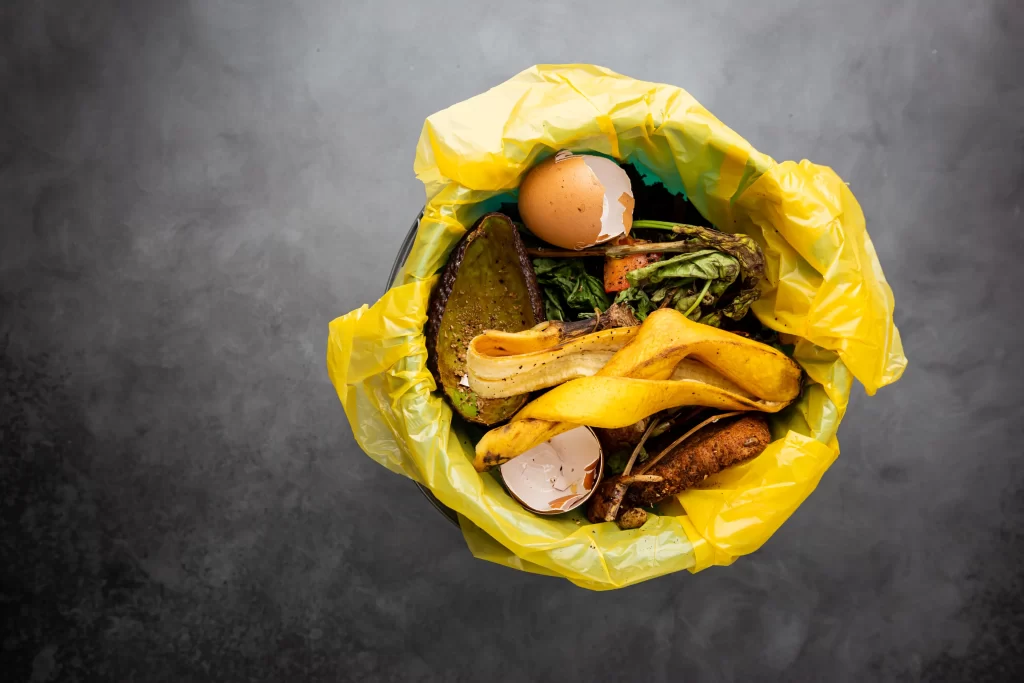Welcome to the world of skip bins—a versatile and convenient waste management solution for various projects. At Junkyard Skips, we often get questions about what can and cannot be disposed of in these large containers. One such query revolves around food waste: Can you put food waste in a skip bin? In this comprehensive guide, we will explore the dos and don’ts of using skip bins for food waste and explore eco-friendly alternatives that can make a difference.
What is a Skip Bin?
Before tackling the topic, let’s get familiar with skip bins. A skip bin, or as some might call it, a dumpster, is a large, open-top container designed specifically for waste disposal. Due to their efficiency and practicality, these versatile bins are widely used in construction sites, home renovations, and diverse waste management scenarios.
Understanding Food Waste
Food waste encompasses any leftover, spoiled, or unused food materials that find their way to the trash. It covers everything from kitchen scraps to discarded meals. The problem arises when food waste is disposed of carelessly, impacting the environment and wasting valuable resources involved in its production.
Is Food Waste Suitable for Skip Bins?
Now, the burning question: Can you throw food waste into skip bins? The short answer is no and for several good reasons. Food waste might seem harmless, but when it finds its way into skip bins, it can cause problems. You see, food waste has a knack for decomposing at an alarming rate, which can create many problems.
One of the main issues with tossing food waste into skip bins is that it becomes an open invitation to some rather unwelcome guests—pests and rodents. These critters have an incredible sense of smell and quickly detect the aroma of discarded food. Not only is this unsightly, but it also poses health risks and can turn the once-handy skip bin into a breeding ground for pests.
Additionally, when food waste breaks down in a skip bin, it releases liquids and juices that can seep into the surrounding trash. This can create a nasty sludge that smells terrible and poses a risk of leaching harmful substances into the environment.
Items Allowed in Skip Bins
While food waste is off the table, so to speak, plenty of other items are welcome in skip bins. You can toss in construction debris, green waste, old furniture, broken appliances, and other non-recyclable materials without worry.
Items Prohibited in Skip Bins
Safety and environmental concerns dictate certain materials that are a big no-no for skip bins. Hazardous substances, batteries, chemicals, asbestos, and flammable materials should be disposed of through appropriate channels to avoid environmental harm and comply with regulations.
Environmental Impact of Food Waste in Skip Bin
You might wonder why food waste disposal matters so much. Well, when food waste ends up in landfills, it generates methane—a potent greenhouse gas that accelerates climate change. By adopting sustainable practices like composting, we can play a part in mitigating this environmental challenge.
Guidelines for Using Skip Bins Responsibly
To make the most of skip bin usage, follow these practical guidelines:
Separate Recyclables: Ensure you segregate recyclable materials from general waste to facilitate effective recycling efforts.
Compost Food Waste: Embrace composting as the best method to manage food scraps sustainably.
Obey Local Regulations: Adhere to local waste disposal regulations to avoid fines and contribute to a cleaner environment.
Mind the Capacity: Don’t overload the skip bin beyond its capacity to avoid potential hazards.
Educate Others: Share your knowledge of responsible waste disposal with others to create a more sustainable community.
Don’t Put Food Waste in a Skip Bin
While skip bins are a fantastic waste management solution, they aren’t meant for the disposal of food. Instead, let’s embrace composting as an eco-friendly alternative that reduces greenhouse gas emissions and enriches the soil. By being mindful of what we put in skip bins, we contribute to a cleaner and healthier environment for future generations.
